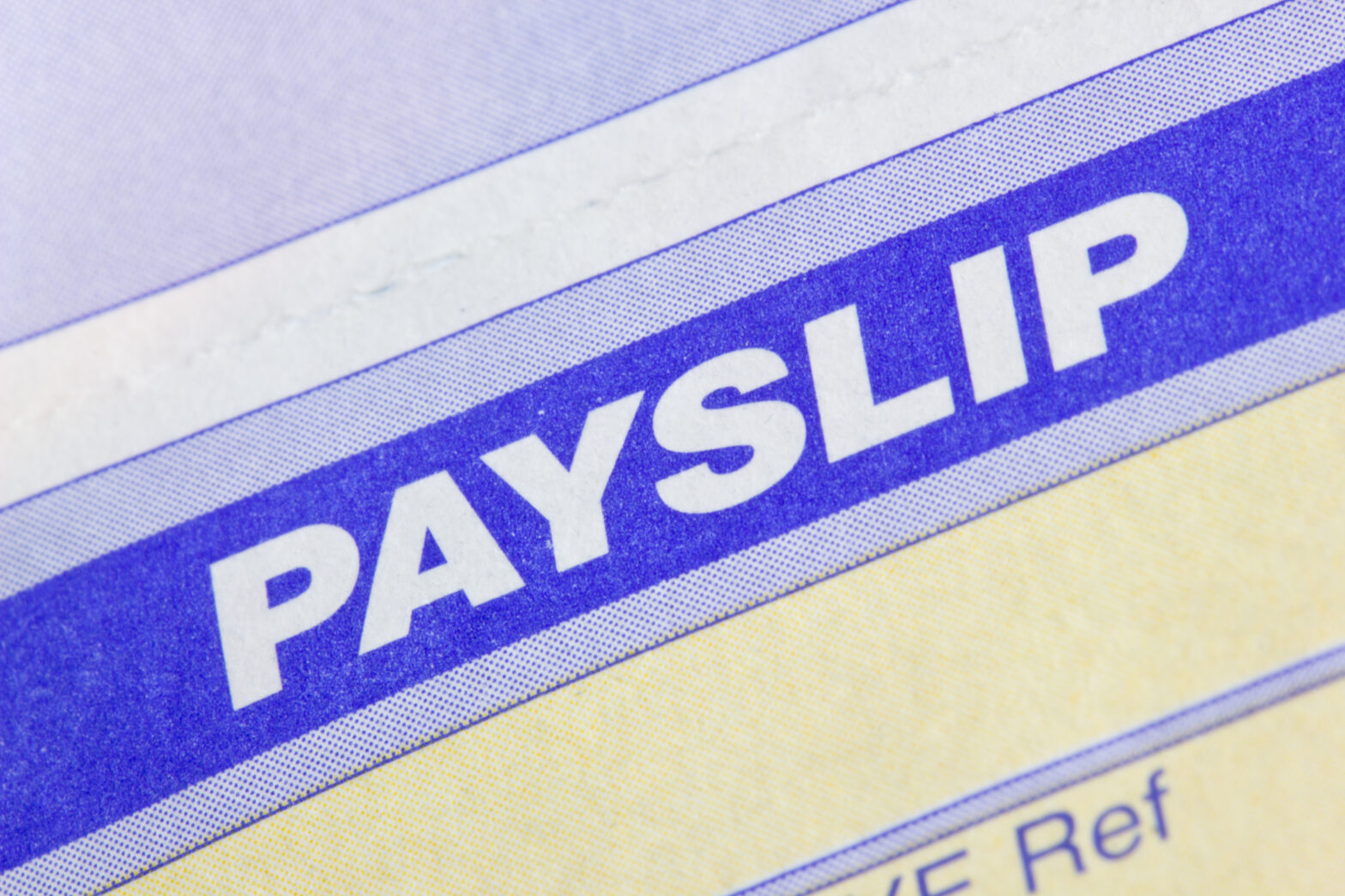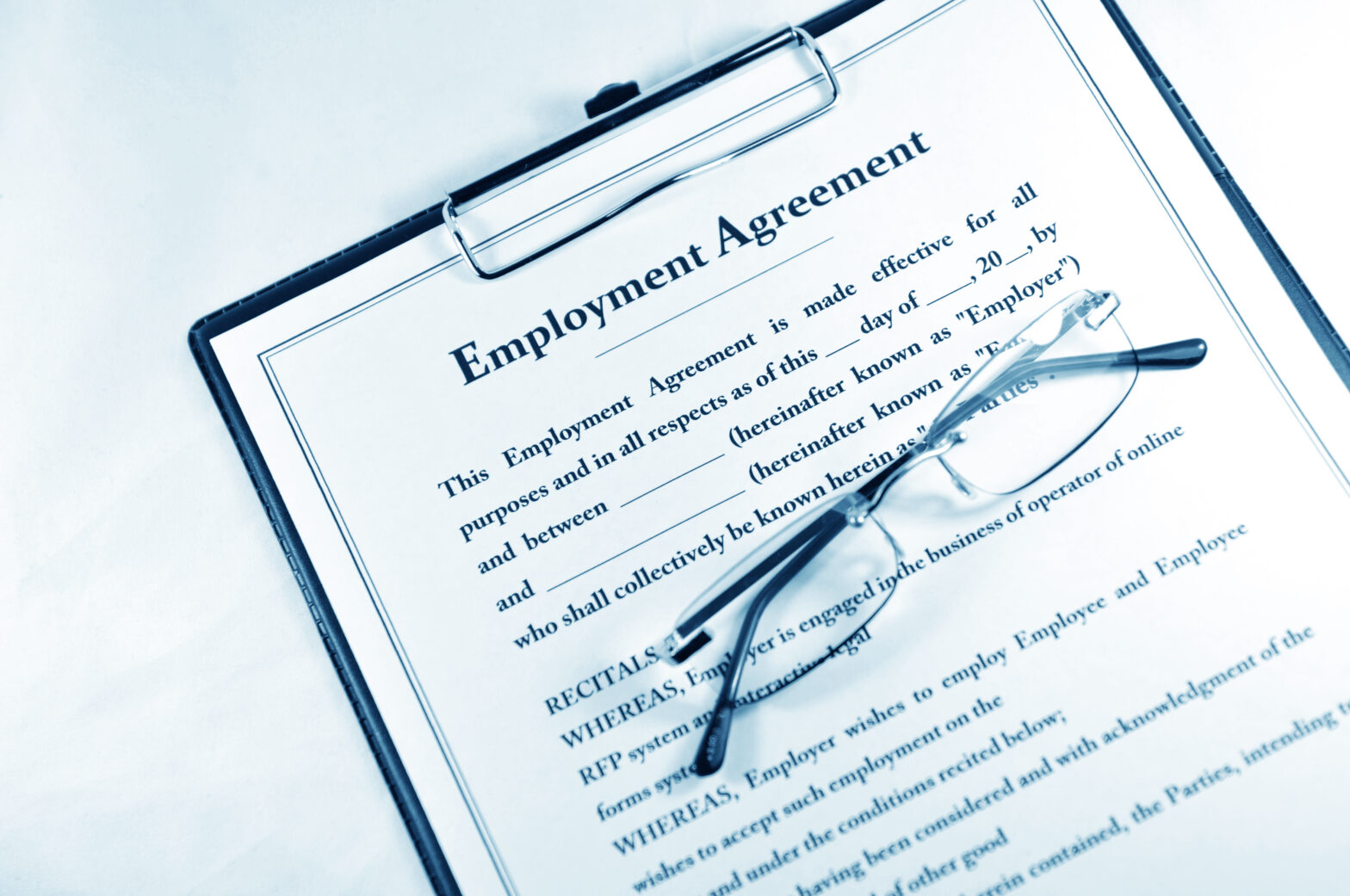In many cases where employees are overpaid then the situation is quickly rectified and the money is taken from the next pay cheque. However in some cases it is argued that by doing this the employee loses out the month later but in this case arrangements can be made for the payment to be recovered over a longer period. You should remember that overpayments can be reasonably common in many businesses particularly if you operate a computerised payroll system. When this occurs you should communicate with the employee at an early stage to ensure that you receive your overpayment back.
In order to keep the overpayment the employee would need to argue the following: they must prove that the overpayment was the companies fault and not their own, they must also show that they reasonably assumed that they were not being overpaid and also that by being overpaid they have suffered a financial disadvantage. It is unlikely that an employee is able to meet all those criteria and the suggestion that an employee does not know if they have been overpaid is a tough suggestion to prove.
There are different ways of dealing with the issue and that could be determined by how the employee has dealt with it themselves.
In many cases an employee will likely inform their manager when they are overpaid. However in some cases an employee may not inform anyone and hope their overpayment goes unnoticed. The main focus for your business is not only to receive your money but also to ensure your employees maintain their motivation to work for you. In the case where an employee shows honesty then this could perhaps be a case where you may reward them with a more favourable long-term payment plan. However in some cases where an employee hides the fact that they have been overpaid then they may have already known about this for a few months. In this case it would not be out of the question to ask for the money in a shorter payment plan.





